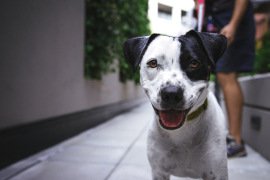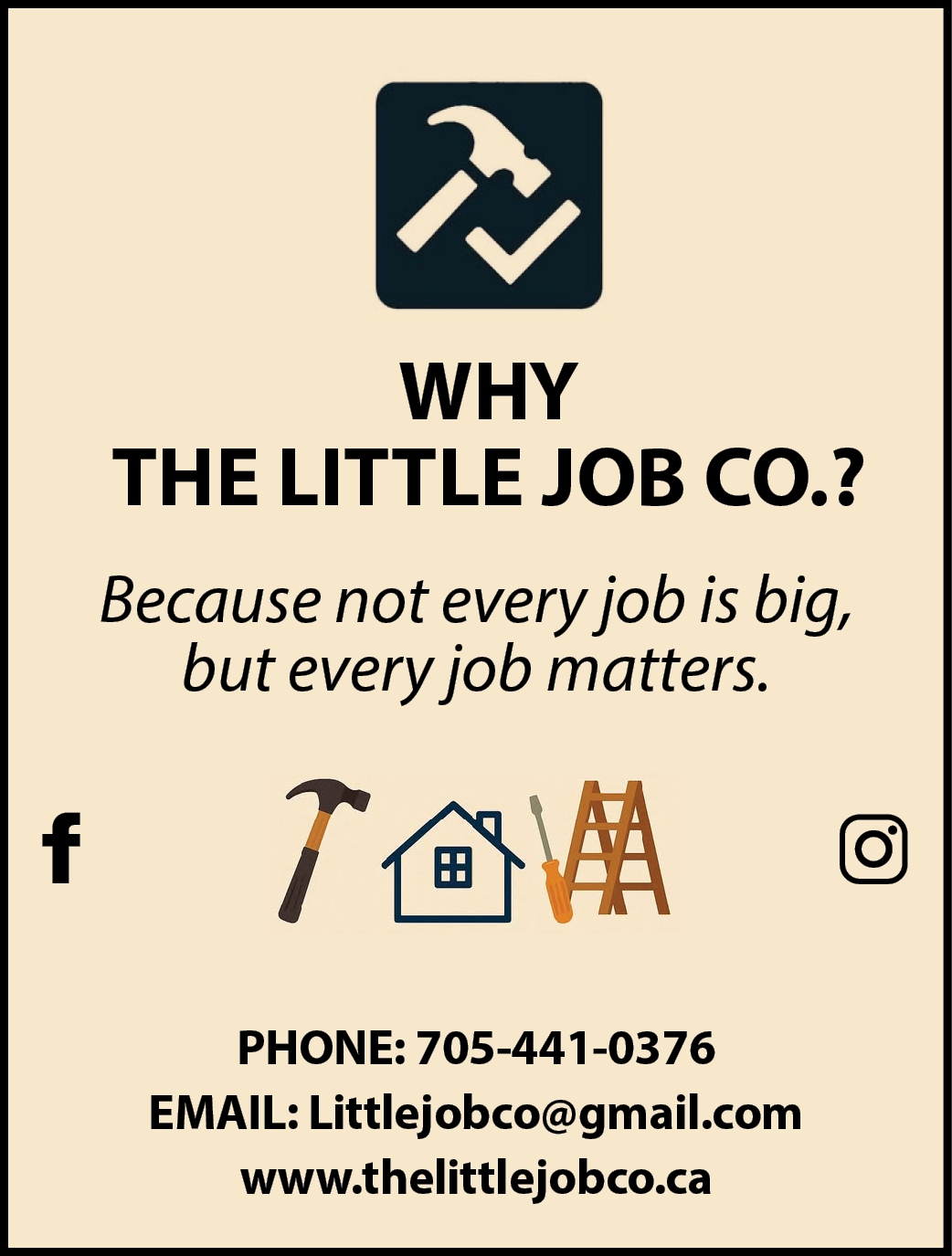 The COVID-19 pandemic has had a ripple effect throughout our community, resulting in a host of unplanned consequences. As one of the pet-loving members of this beautiful community, a common observation shared by many in Meaford is the build-up of dog waste bags all over town.
The COVID-19 pandemic has had a ripple effect throughout our community, resulting in a host of unplanned consequences. As one of the pet-loving members of this beautiful community, a common observation shared by many in Meaford is the build-up of dog waste bags all over town.
Now, to be clear, ‘doggy bag’ litter is not a new problem in Meaford, or likely anywhere with a human population. Every year, the annual Meaford Baggy cleanup finds a ton of discarded dog waste bags in ditches, along our wooded trails, laying around in public parks, and overflowing community garbage bins.
But for some reason this year seems to be worse. With the pandemic being the biggest change in recent memory, maybe COVID-19 is the most likely catalyst – perhaps dogs are being walked more often, resulting in more poop bags. What I can’t wrap my head around is why certain pet owners go through the hassle of bagging their dog’s waste, but don’t make the small (yet significant) effort of disposing of it properly.
I assume the vast majority of pet owners in Meaford act responsibly and take pet waste disposal seriously. And yet, many of us who are properly disposing of our pet waste are being met with overflowing community garbage bins throughout the pier and other municipally-owned spaces. This includes the ‘Boater’s Garbage’ bin at the pier; photos of this receptacle overflowing with dog waste bags were posted on community social media pages earlier this week.
We all know littering is bad. It pollutes our most precious natural resources – our land and water – and makes the community look unclean and unattractive. Improperly disposed-of pet waste poses other legitimate hazards; it is a major environmental pollutant and a human health hazard.
Did you know? The U.S. Environmental Protection Agency (EPA) estimates that only a couple of days’ worth of waste from one hundred dogs has enough bacteria to contaminate a watershed area of up to 32 kilometres! Dog feces may contain an array of parasites, bacteria, and other diseases easily transmissible to other animals and humans alike.
Wild animals eat feces; crows and other birds are particularly known for this. They peck through the waste bag to get at its contents, and in the process are likely to consume pieces of plastic. Other wildlife are also at risk of consuming plastic when tearing through these bags. This can cause severe health problems, like foreign body obstruction, leading to a painful death if untreated. Many canines also like to eat poop, and they’re not immune to this risk either.
Secondly, feces can spread disease even when in a bag. Different canine diseases, such as giardia, can remain on the ground for a long time even after a bag containing contaminated feces has been picked up, especially if there was a tear in it. This can lead to a spread of disease for other animals and humans visiting the area.
Pet waste is a real issue that needs to be taken seriously. Meaford is a wonderful pet-friendly, canine-loving community. Let’s keep it that way by responsibly disposing of pet waste.
Brandon Forder, known as The Pet Expert, is vice-president of Canadian Pet Connection, an industry leader in healthy pet lifestyles. Brandon holds multiple certifications in pet nutrition, and has more than twenty-five years’ experience specializing in pet health and behaviour. He has written hundreds of informative pet-related articles for newspapers, magazines, radio, and the popular Ask the Pet Expert Blog. Brandon is highly skilled in pet problem solving, and enjoys teaching others about smart and responsible pet ownership. To learn more, visit www.CanadianPetConnection.ca.












